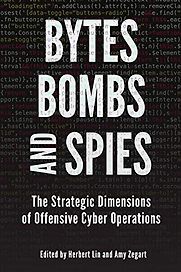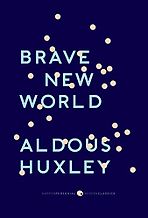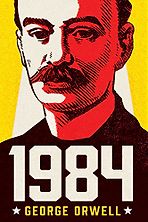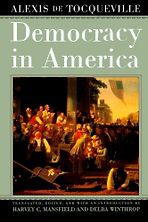Recommendations from our site
“It’s a more academic look at the different ways that states use cyber capabilities and the different angles for thinking about that. It’s a collection that really thoroughly investigates the many different ways that cyberpower has challenged existing ideas about statecraft and diplomacy and international relations.” Read more...
Josephine Wolff, Technologist
“It talks a lot about Chinese espionage from the People’s Liberation Army unit 61398.
They are a really interesting unit set up in about 2011 and very actively stealing corporate information on behalf of Chinese companies. They use US college campuses very effectively to exfiltrate information from companies. It’s totally fascinating. First of all, it lasts for so long. It goes on for years and years and years in the same US steel companies as well as Siemens Westinghouse. They’ve got access to every email and every server. They steal so much information and it’s so hard to understand what they do with it.
The narrative of US-China cyber espionage in terms of popular discussion often centers on this idea of ‘they’re stealing intellectual property and ruining US companies.’ You steal the intellectual property and then you make the iPhone. But that’s not at all how it works. Instead it’s all about, ‘Do we know how they’re going to come into this trade negotiation? Can we use this information to our advantage at all?’ I don’t mean to dismiss the threat of economic espionage, it’s just that the actual arc of it is very slow and very complicated and very hard to pull out. It’s very hard to show that, ‘Well, you only did that because of this information you stole.’”—Josephine Wolf on the best cyber security books.






